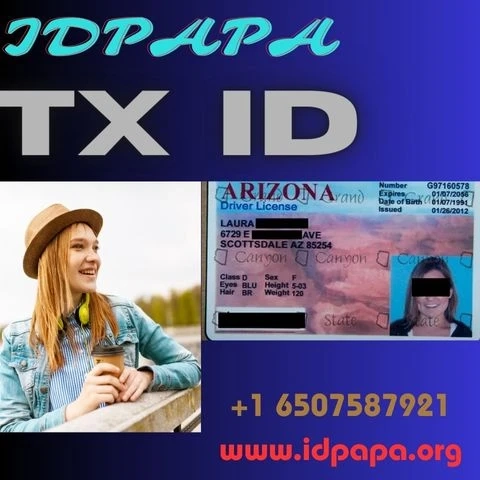Obtaining a Texas ID is a crucial step for residents to access a wide range of services and activities within the state. Whether you're a newcomer or a long-time resident, understanding the requirements is essential. Here's what you need to get a Texas ID:
Proof of Identity: You'll need to provide a primary form of identification, such as a valid passport, birth certificate, or a permanent resident card. If you're a foreign national, make sure to bring your immigration documents.
Proof of Citizenship or Legal Presence: For U.S. citizens, this could be a birth certificate or a valid passport. Non-U.S. citizens must present immigration documents verifying their legal status.
Social Security Number: A valid Social Security card or a document that verifies your Social Security Number (SSN) is essential. If you're not eligible for a SSN, you'll need to provide a letter of ineligibility from the Social Security Administration.
Proof of Texas Residency: This can be established with documents like utility bills, rental agreements, or a mortgage statement. Ensure that the documents bear your name and current Texas address.
Application Form (DL-14A): This is the application form for a Texas ID. You can either fill it out online or obtain a physical copy from a local Department of Public Safety (DPS) office.
Fee Payment: The fee for obtaining a Texas ID varies depending on your age and the length of validity. It's advisable to check the latest fee schedule on the official DPS website.
Proof of Name Change (if applicable): If your legal name is different from the one on your primary identification document, you'll need to provide legal proof of the name change, such as a marriage certificate or a court order.
Proof of Legal Guardianship (if applicable): If you're a minor or have a legal guardian, appropriate documentation verifying the guardianship is required.
Parental Consent (for minors): If you're under 18, you'll need the consent of a parent or guardian. They will have to accompany you to the DPS office and sign the appropriate forms.
Passing a Vision Test (if required): Some applicants may be asked to take a vision test to ensure they meet the required standards for driving.
By ensuring you have all the necessary documents and meeting the eligibility criteria, you'll be well-prepared to navigate the process of obtaining a Texas ID. Keep in mind that additional requirements or exemptions may apply in specific cases, so it's always a good idea to check with your local DPS office or the official website for any updates. For more information visit IDPAPA



